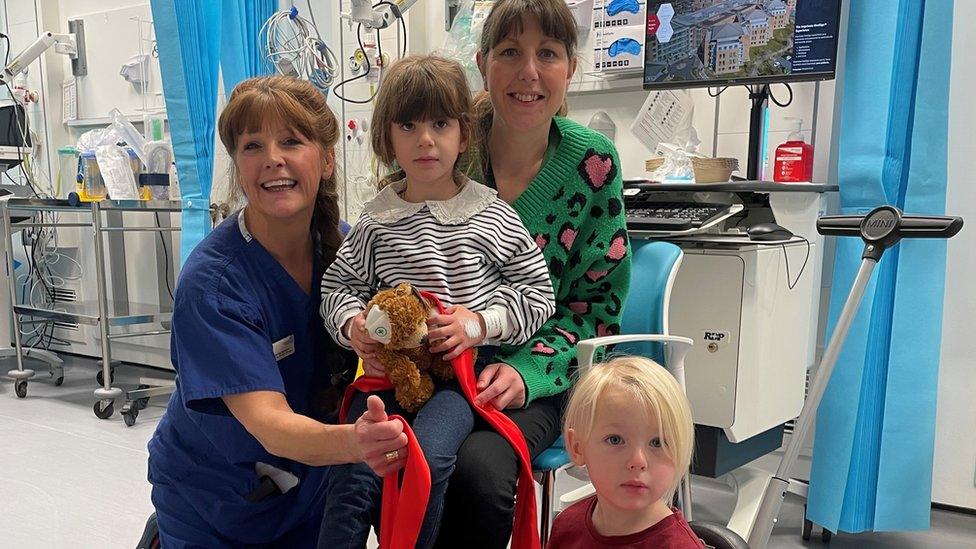Corridor care had become normal, says hospital boss
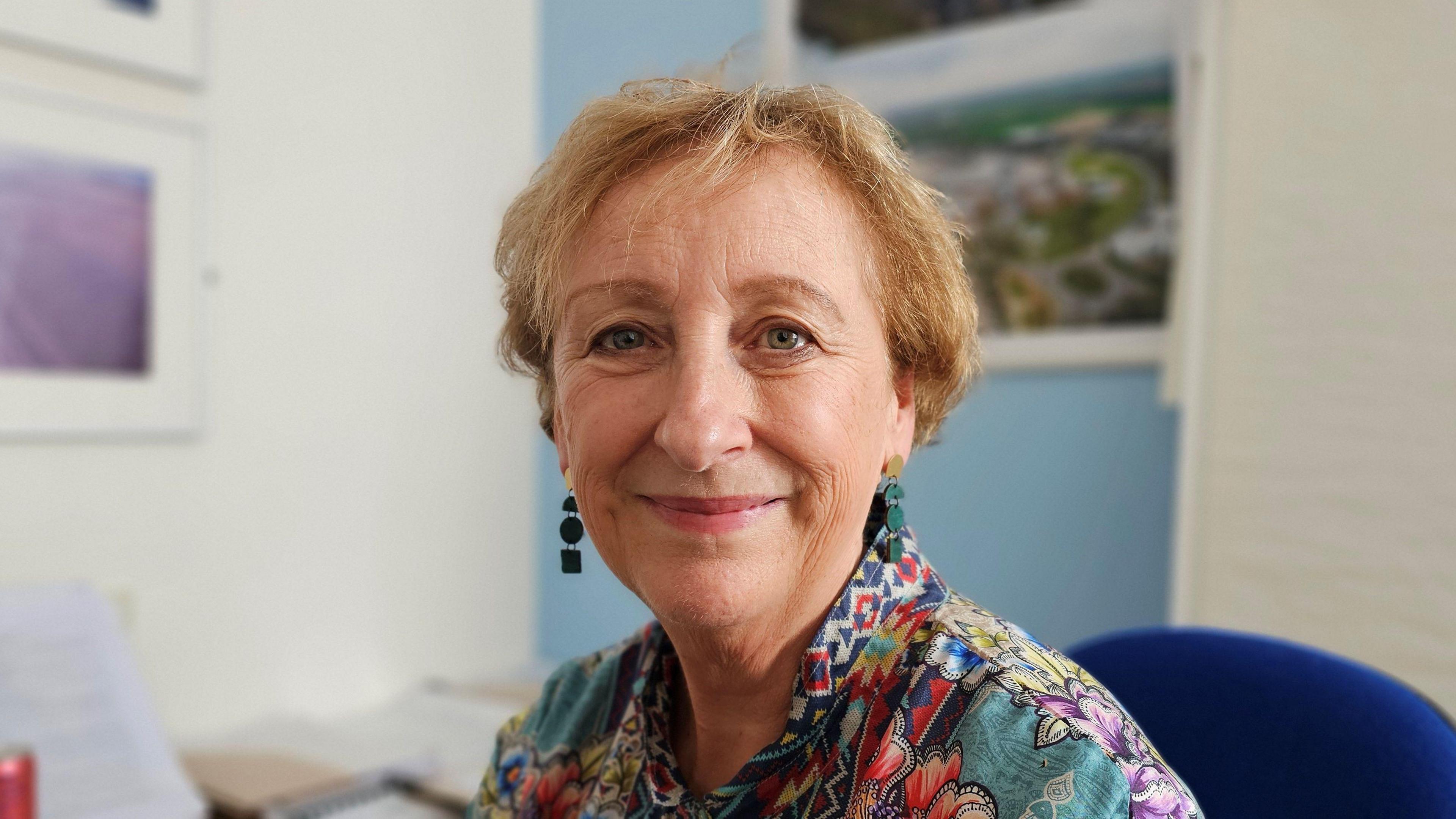
Norfolk and Norwich University Hospital CEO Lesley Dwyer said treatment in corridors was something she had not seen done before
- Published
A hospital boss has told how she was concerned that the treatment of patients in corridors had become "normalised".
Earlier this year, the BBC revealed that Norfolk and Norwich University Hospital (NNUH) was caring for people in corridors as it struggled to cope with demand.
The system of "corridor care" had been brought in to help ensure that patients could be transferred faster, cutting down on the time ambulances would queue outside.
Hospital chief executive Lesley Dwyer said the system was now "not continuing in the way that it was", and it should be used only "in extraordinary circumstances".
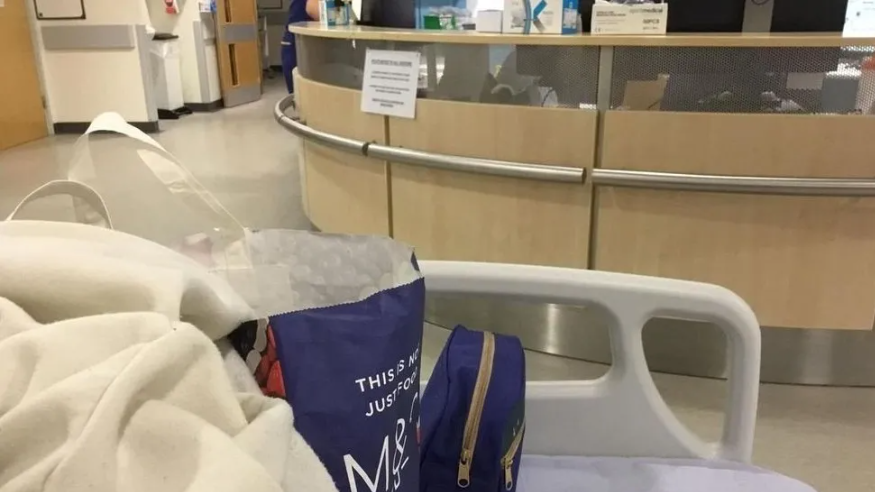
The view from a bed in a corridor at Norfolk and Norwich University Hospital, as seen by an anonymous patient
“I'm not going to criticise the decision to do that, but it was care that I hadn’t seen done in that way before," said Prof Dwyer, who took over as CEO of the hospital in February.
"We needed to make sure we did that handover in a way that put those ambulances back into the community. However, we did that for a long time and I was concerned that, when I came in, we had normalised that.
“There was a day when somebody who was receiving care in a corridor made contact with me. I went to see that person and that was pretty confronting, to be honest."
Prof Dwyer said the hospital had used the system of corridor care only once since June.
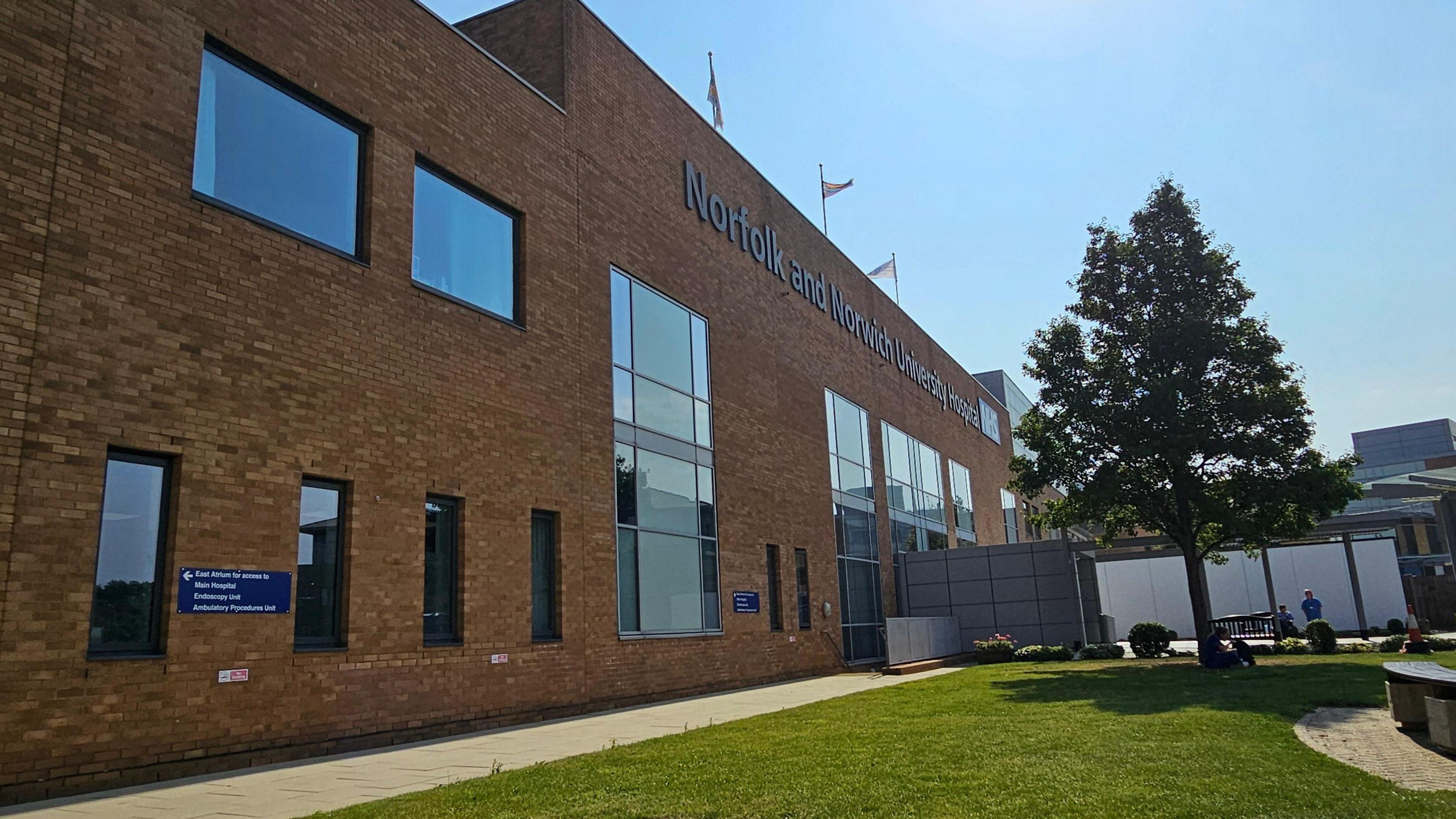
Prof Dwyer said she felt the hospital was "in a much better" position since the inspection by the Care Quality Commission
She described the government’s call for hospitals to cut waiting lists as "one of our priority areas".
The Department of Health & Social Care said it wanted the NHS to "return to the 18-week wait time standard" with patients who are given non-urgent referrals treated within that time.
NNUH, like most hospitals, is currently struggling to hit the target, with its gynaecology department struggling more than most.
"We've got a big challenge ahead of us with the new government saying that within the first term we need to get back to the 18-week standard," said Prof Dwyer.
"I think it's been achievable in the past, so we need to think about what we do differently."
Responding to a recently published inspectors report on NNUH, she said she felt the organisation was now "in a much better position".
The report by the Care Quality Commission (CQC) said the hospital required improvement, with concerns raised over staff training and equipment.
It also highlighted how staff – particularly minority ethnic, disabled and LGBTQ+ staff – said they had experienced bullying and harassment.
The report was released last month, but the inspection took place last year and Prof Dwyer said changes had taken place since then.
She said there was "zero tolerance" for bullies and she was "absolutely" able to turn the hospital's culture around.
She added that the hospital had improved how it trained staff, although she admitted there had been delays in replacing ageing kit.
"We're not quite there yet, but there is a lot of goodwill. And what I see every day is that people are working well around this," she said.
A hospital boss says corridor care had become normal, and that has to change
Get in touch
Do you have a story suggestion for Norfolk?
Follow Norfolk news on BBC Sounds, Facebook, external, Instagram, external and X, external.
More stories like this
- Published9 February 2024
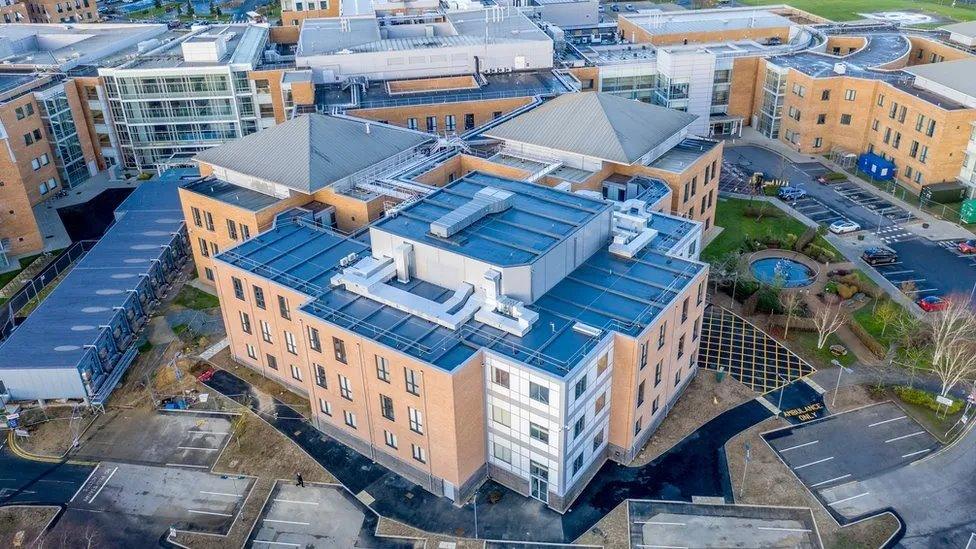
- Published5 September 2024
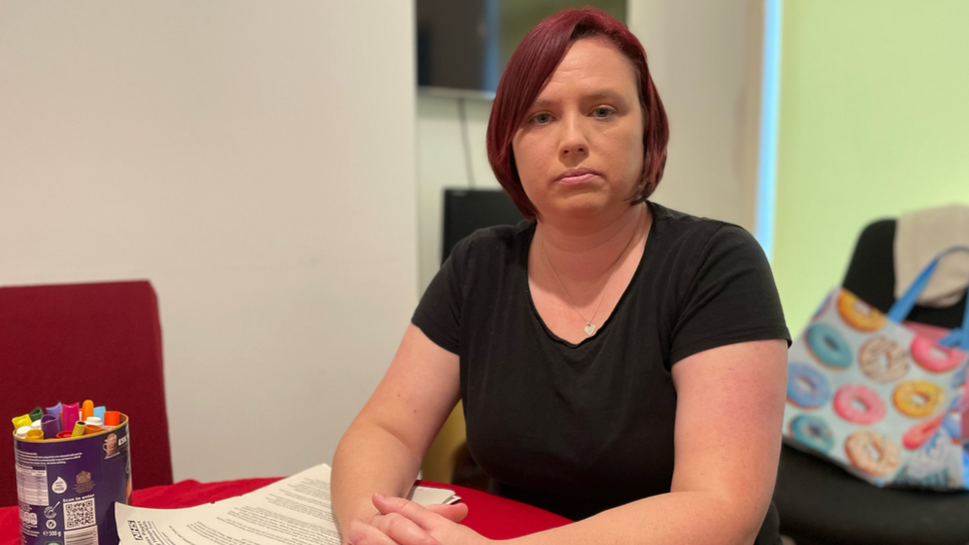
- Published23 August 2024
- Published15 May 2024
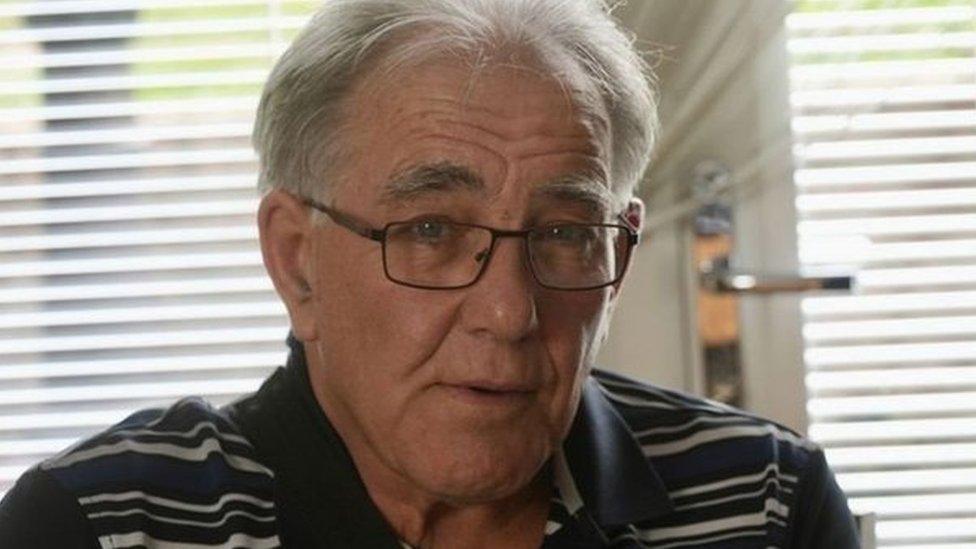
- Published10 January 2024
